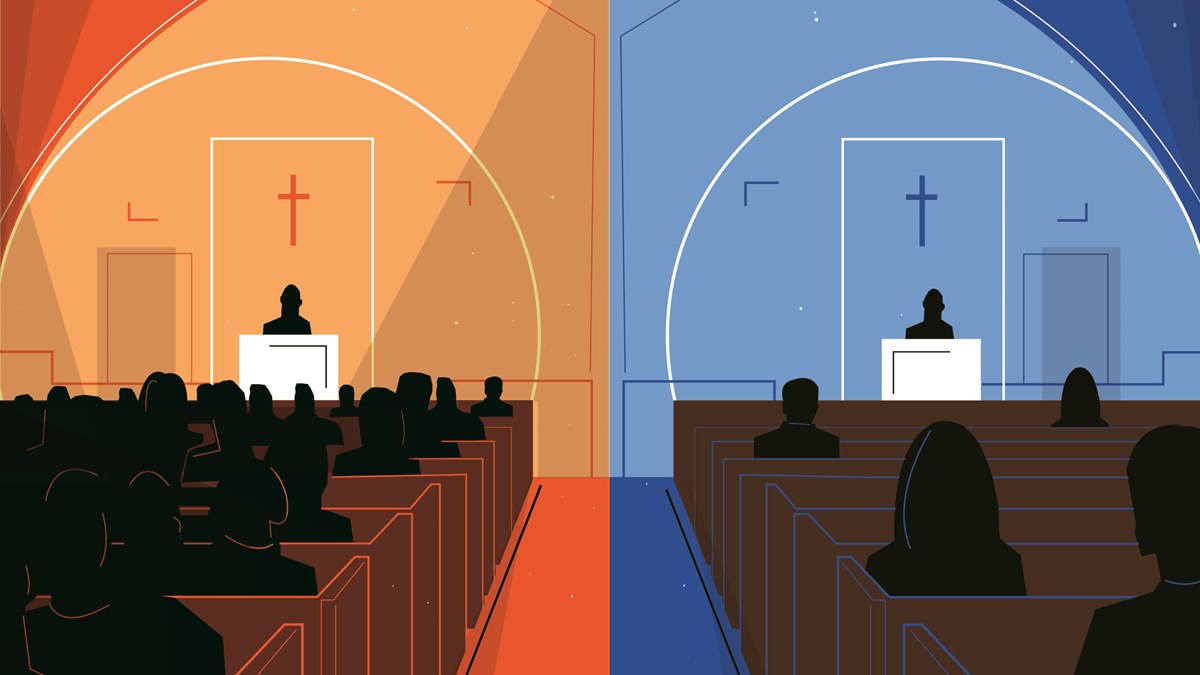Nancy
Well-Known Member
I have lamented the fact that we do not attract young people any more...and I am talking about all of the United Churches in my community. Then I think...we need to change somehow to be more relevant in the world. But lately, I've been thinking that much of what we do does not need to change: We are a worshipful, charitable, forward-thinking bunch who care about our world and each other. What do you think? What needs to stay the same, and what changes do you think need to be made in our church (locally, regionally, nationally)?

